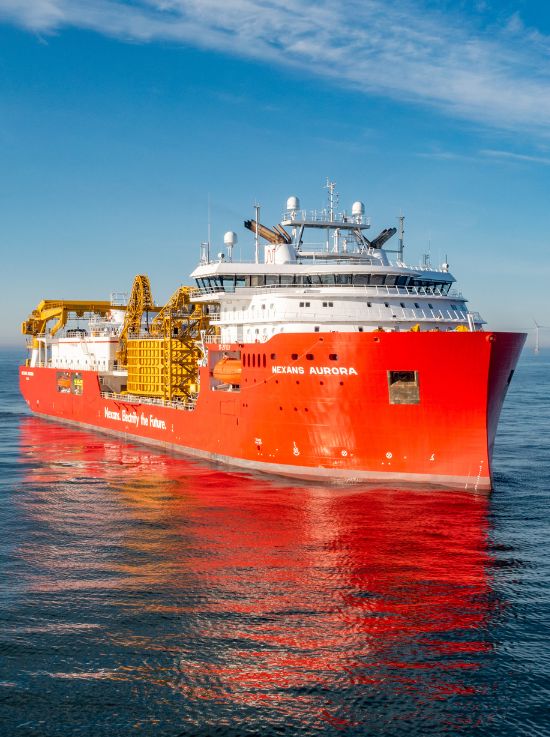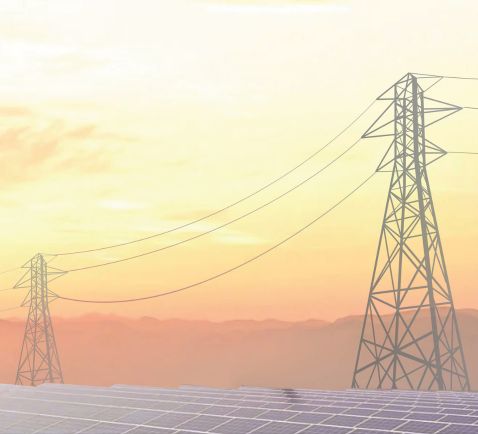- An unprecedented partnership with France’s State-Owned Railway Company (SNCF Réseau): these will be the first superconducting cables in France, and the first of their kind to be integrated into a rail supply network anywhere in the world.
- Nexans’ superconducting cables will help secure the electricity supply to the Paris Montparnasse sector.
- Drawing on their unrivalled experience in this field, the Nexans teams will design the cable that will be tested in the SNCF Réseau laboratory in Vitry-sur-Seine before installation at Montparnasse next year.
Together with its partners, Nexans won a project from Bpifrance (French Public Investment Bank) under the “Investissements d’Avenir” (Investments for the Future) initiative coordinated by SNCF Réseau for the installation of two superconducting DC cables near Montparnasse station in Paris. This is the first time that cables of this type will be integrated into a rail network and is set to be the first permanent installation in France on any network. With their revolutionary technology, these power cables will help secure the network at a time when rail traffic is constantly growing in mega-cities.
Built in 1840 in Paris, Montparnasse is France’s fourth-largest train station, with more than 50 million passengers annually and more than 90 million expected in 2030. SNCF Réseau will thus need more power to run an ever-increasing number of trains. And superconductor cable technology will help provide the increased electrical power required to meet the needs of this growing rail traffic.
In this key project for SNCF Réseau, superconducting cables will make use of Montparnasse station’s infrastructure by installing the cables in existing conduits. Only a superconducting cable can combine a reduced diameter and exceptional power to deliver the performance required by SNCF Réseau: 5.3 MW per conduit, or 3,500 A to 1,500 VDC. This also enables our customer to save on substantial implementation costs related to infrastructure modification, avoid potential disruptions to rail and road traffic, and limit risks in terms of execution time and the commissioning date.
Superconducting power cables offer unparalleled advantages. As they have zero resistance, they transport electricity with minimal power loss and thus contribute to making the world more sustainable. This project illustrates perfectly how their compact nature enables them to transport very high power through a limited space. A single superconducting cable can replace multiple copper cables. Also, it has a minimal footprint, making high-capacity 1,500 V connections possible, which in turn improves the safety of the stations’ power supply.
This is a world-first that we are proud of and happy to be bringing to life with the SNCF Réseau following a productive partnership. Superconducting cables offer commercial solutions to strengthen high power electrical networks in all urban areas around the world. They are part of a technology of the future developed by Nexans and offer an extremely efficient solution benefiting companies and the general public.

CEO, Nexans
SNCF Réseau is delighted to be able to innovate and benefit from Nexans’ expertise to modernise and strengthen the electricity supply to the major train stations, allowing us to secure and improve the service provided to our customers. Developing this superconducting cable technology should enable us to achieve cost and deadline reductions. Likewise, it is proof of our teams’ know-how. We also thank Bpifrance for its financial support!
Deputy General Manager of Industrial Projects & Engineering, SNCF Réseau
Two cables connecting the Vouillé substation to the overhead lines of the tracks serving Montparnasse will be commissioned in 2023. The main stages of this project will be the design and manufacturing of the Nexans components in Bourg-en-Bresse, Calais and Hanover for a prototype loop (cable, joint, terminations) which will be tested in the SNCF Réseau laboratory in Vitry-sur-Seine, followed by the manufacturing of the two cables and their installation in the existing conduits.
This superconducting cable is the result of Nexans’ innovation capabilities in the fields of electricity and global sustainable electrification – an approach that has been part of the company’s history and DNA for more than 120 years. The Group continues in this vein in the field of electricity: on 29 June in Lyon it will inaugurate its new global innovation hub, “AmpaCity”, aimed specifically at decarbonised electrification.







